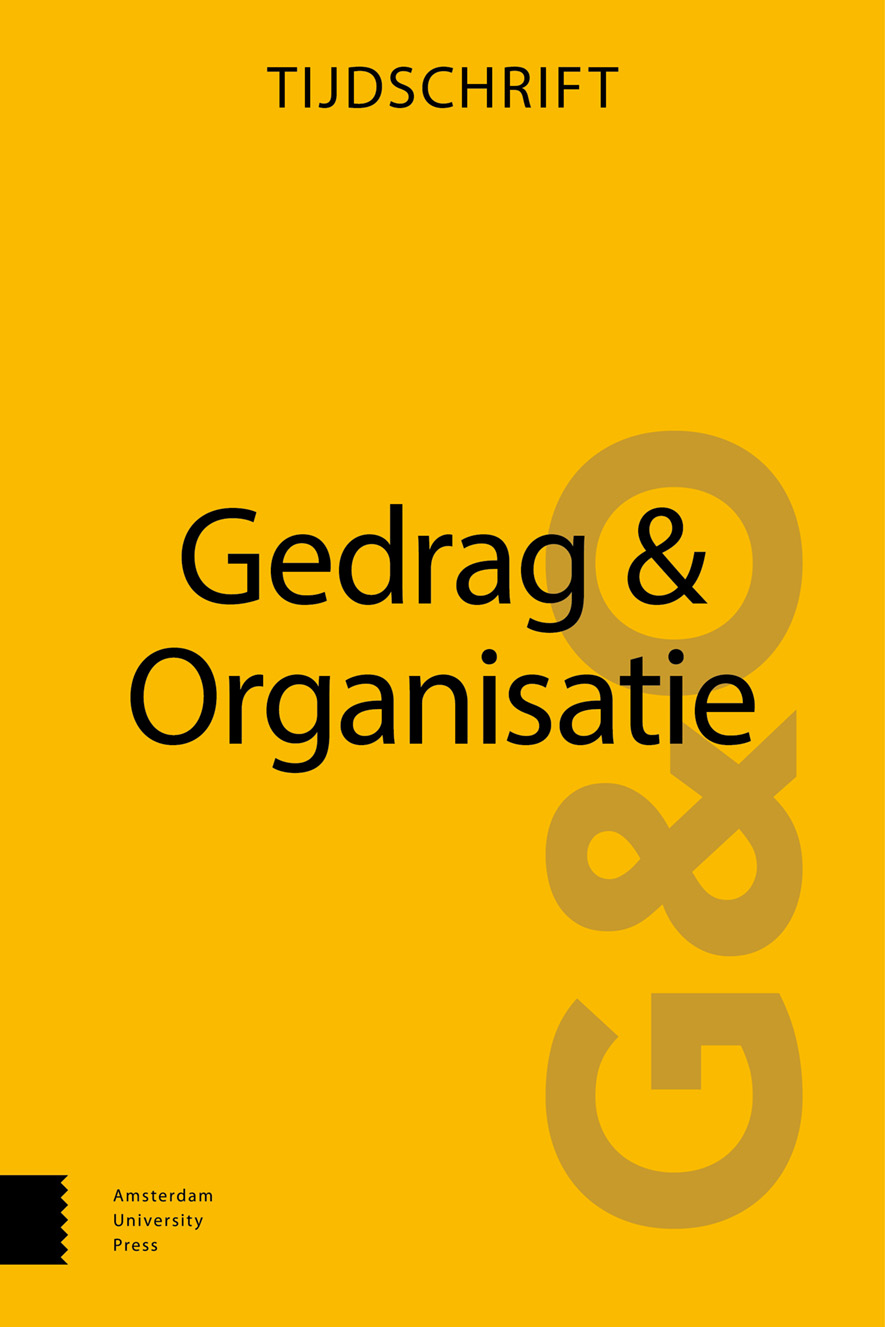-
oa Over de rol van positieve en negatieve emoties bij het welbevinden van managers: Een studie met de Job-related Affective Well-being Scale (JAWS)
- Amsterdam University Press
- Source: Gedrag & Organisatie, Volume 19, Issue 4, Dec 2006,
Abstract
About the role of positive and negative emotions in managers' well-being: A study using the Job-related Affective Well-being Scale (JAWS)
W. Schaufeli & W. van Rhenen, Gedrag & Organisatie, Volume 19, November 2006, nr. 4, pp. 323-344
Generally speaking, emotions are classified using two dimensions: arousal and pleasure. The Job-related Affective Well-being Scale (JAWS), a self-report questionnaire that is used to assess emotions at work, also uses these two dimensions. The current study among 815 managers has two aims. The first aim is to introduce and validate the Dutch version of the JAWS. It appears that the original 30-item version of the JAWS can be reduced to 12 items, without significant loss of information. Furthermore, the predictive validity of the JAWS is illustrated by the fact that positive emotions are negatively related to duration and frequency of future absenteeism of managers. Secondly, a model that assumes that positive and negative emotions play a different role in manager's well-being is successfully tested. Negative emotions play a key role in a stress process that may lead to burnout and health complaints, whereas positive emotions play a key role in a motivational process that may lead to employee engagement and positive attitudes towards the organization.


